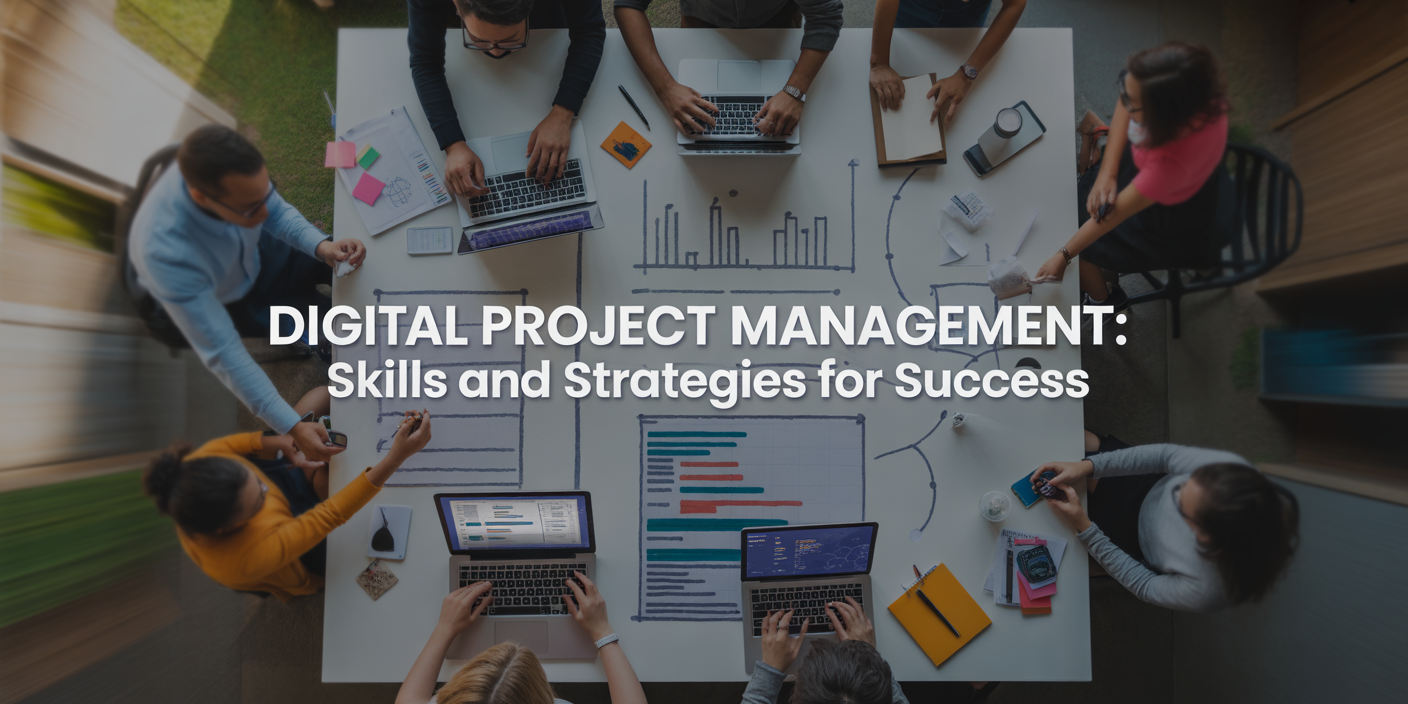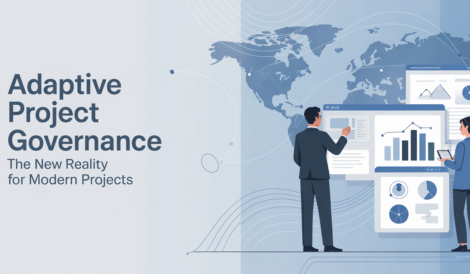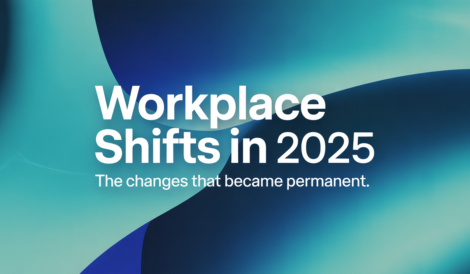Introduction
Digital project management has become the backbone of modern organisations. From healthcare to banking and manufacturing, every industry is adopting digital-first approaches. Digital project management ensures that businesses can adapt quickly, deliver value, and achieve their goals even in fast-changing environments.
What is Digital Project Management?
Digital project management is the practice of leading initiatives that use technology to improve operations and customer experience. It goes beyond introducing software—it is about aligning people, processes, and digital tools to achieve business results.
Project managers here play a crucial role. They connect business strategy with execution, making sure that transformation efforts create measurable value.
Why Digital Project Management Matters
Digital projects are high-value and critical to long-term success. Without structured management, initiatives may face delays or fail to deliver results. Here’s why strong project management makes the difference:
- Smooth Change Management – Every digital initiative requires teams to adopt new ways of working.
- Balancing People and Technology – Tools matter, but their success depends on how people use them.
- Delivering Business Value – The goal is not just to finish a project, but to deliver benefits such as efficiency, cost savings, or customer satisfaction.
Key Skills for Digital Project Management
1. Agile and Hybrid Mindset
Digital projects need flexibility. Agile methods allow faster feedback, while hybrid approaches combine Agile with traditional structures for complex initiatives.
2. Data-Driven Decisions
Using dashboards and analytics helps project managers take informed and timely decisions, reducing risks and improving accuracy.
3. Stakeholder Engagement
Digital projects involve multiple departments and vendors. Strong collaboration keeps everyone aligned to the project vision.
4. Risk and Security Awareness
Cybersecurity and compliance risks are part of every digital project. Project managers must plan for them from the beginning.
5. Continuous Learning
Technology evolves fast. Professionals need to upskill regularly through certifications, mentoring, and hands-on practice.
Challenges in Digital Project Management
Even with strong skills, digital projects face unique challenges:
- Rapid Technology Changes – Tools evolve quickly, demanding constant adaptation.
- Cross-Functional Coordination – Involving IT, operations, and business units requires clear communication.
- High Expectations – Leaders expect quick outcomes with long-term impact.
- Skill Gaps – Many organisations lack professionals trained in both digital and project management.
Overcoming these challenges is what separates successful project managers from the rest.
How PMP Certification Supports Digital Projects
The Project Management Professional (PMP®) certification is a global standard. It equips professionals with leadership, risk management, and strategic frameworks that are highly relevant for digital transformation.
At Infocareer India, mentoring-led PMP training helps professionals not only learn concepts but also apply them in real-world digital projects. This ensures they are prepared to lead confidently in today’s business environment.
Conclusion
Digital project management is about more than delivering technology. It is about guiding people, ensuring alignment, and creating business value. Professionals who master agility, data-driven decision-making, and stakeholder engagement will be in high demand.
In today’s project-driven world, skilled project managers are essential for driving growth and innovation.








